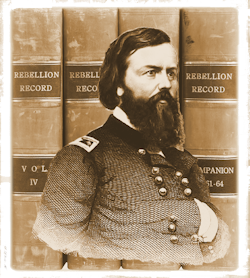23d.—Notwithstanding the violence of the rain yesterday, the Capitol Square, the streets around it, and the adjacent houses, were crowded. The President stood at the base of that noble equestrian statue of Washington, and took the oath which was taken by the “Father of his Country” more than seventy years ago—just after the “great rebellion,” in the success of which we all, from Massachusetts to Georgia, so heartily gloried. No wonder that he spoke as if he were inspired. Was it not enough to inspire him to have the drawn sword of Washington, unsheathed in defence of his invaded country, immediately over his head, while the other hand of his great prototype points encouragingly to the South? Had he not the life-like representations of Jefferson, George Mason, and, above all, of Patrick Henry, by his side? The latter with his scroll in his outstretched hand, his countenance beaming, his lips almost parted, and seeming on the point of bursting into one blaze of eloquence in defence of his native South. How could Southern tongues remain quiet, or Southern hearts but burn within us, when we beheld our heroes, living and dead, surrounding and holding up the hands of our great chief? By him stood his cabinet, composed of the talent and the patriotism of the land; then was heard the voice of our beloved Assistant Bishop, in tones of fervid eloquence, beseeching the blessings of Heaven on our great undertaking. I would that every young man, from the Potomac to the Rio Grande, could have witnessed the scene.
Last night was the first levee. The rooms were crowded. The President looked weary and grave, but was all suavity and cordiality, and Mrs. Davis won all hearts by her usual unpretending kindness. I feel proud to have those dear old rooms, arousing as they do so many associations of my childhood and youth, filled with the great, the noble, the fair of our land, every heart beating in unison, with one great object in view, and no wish beyond its accomplishment, as far as this world is concerned. But to-day is Saturday, and I must go to the hospital to take care of our sick— particularly to nurse our little soldier-boy. Poor child, he is very ill!










